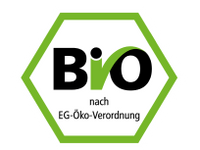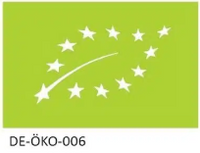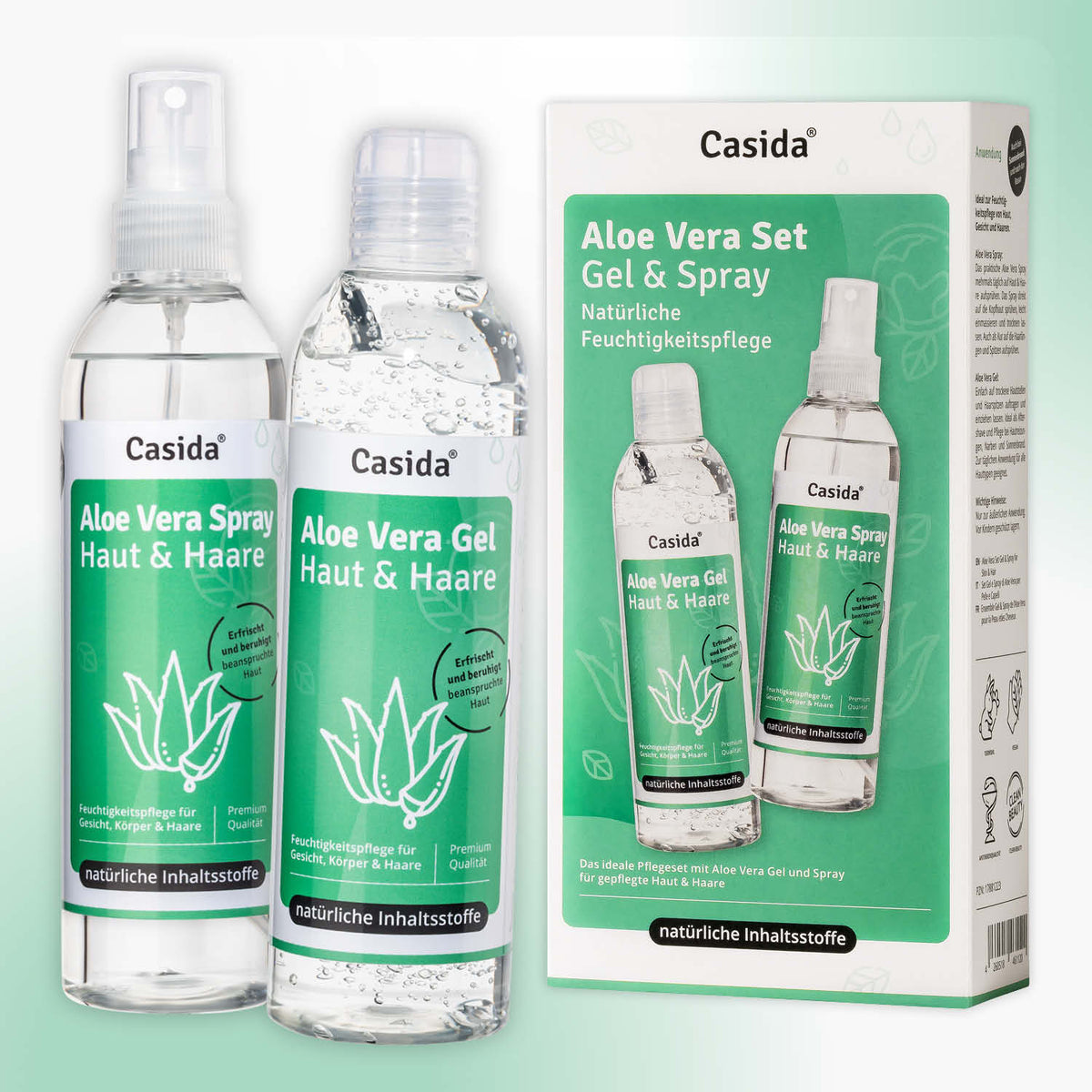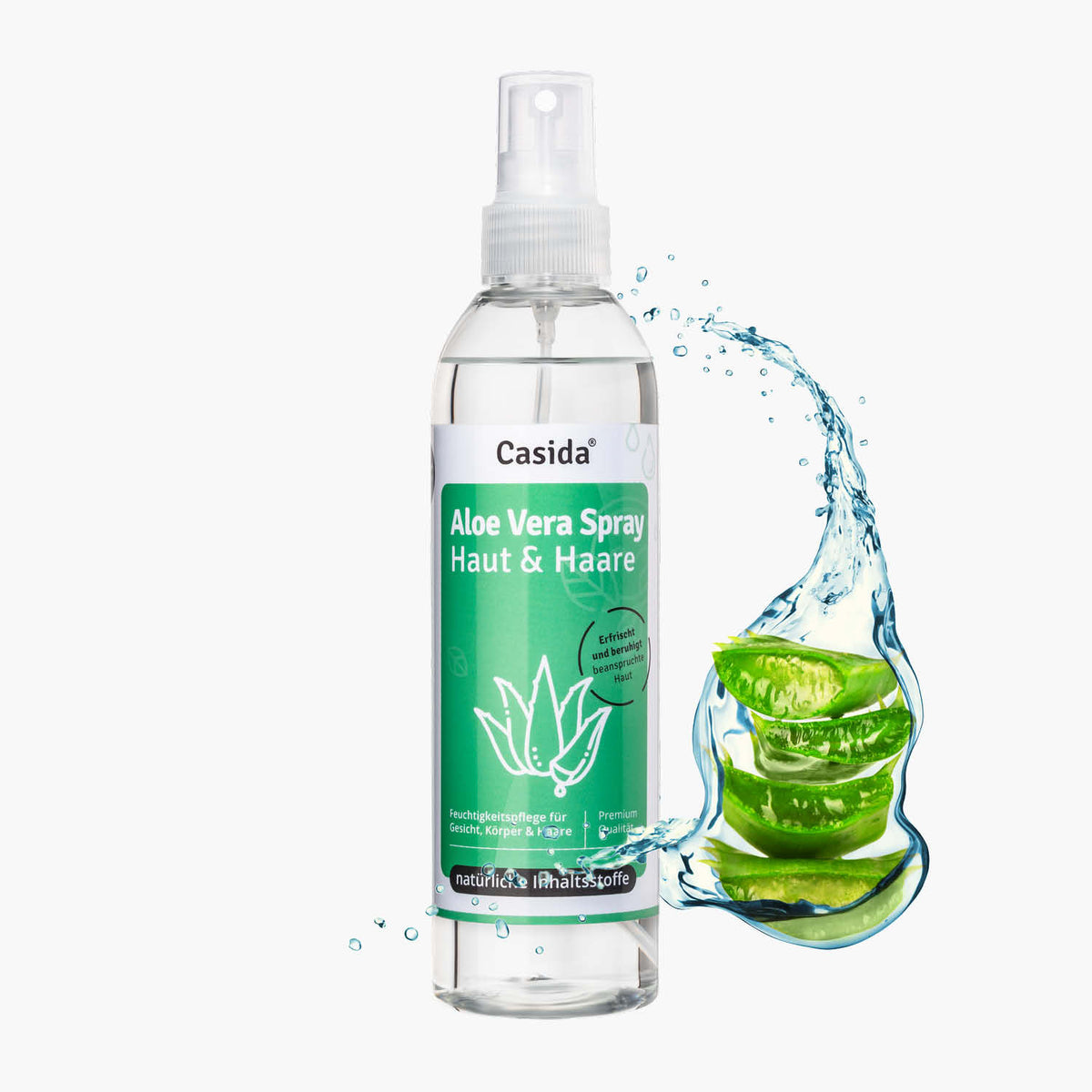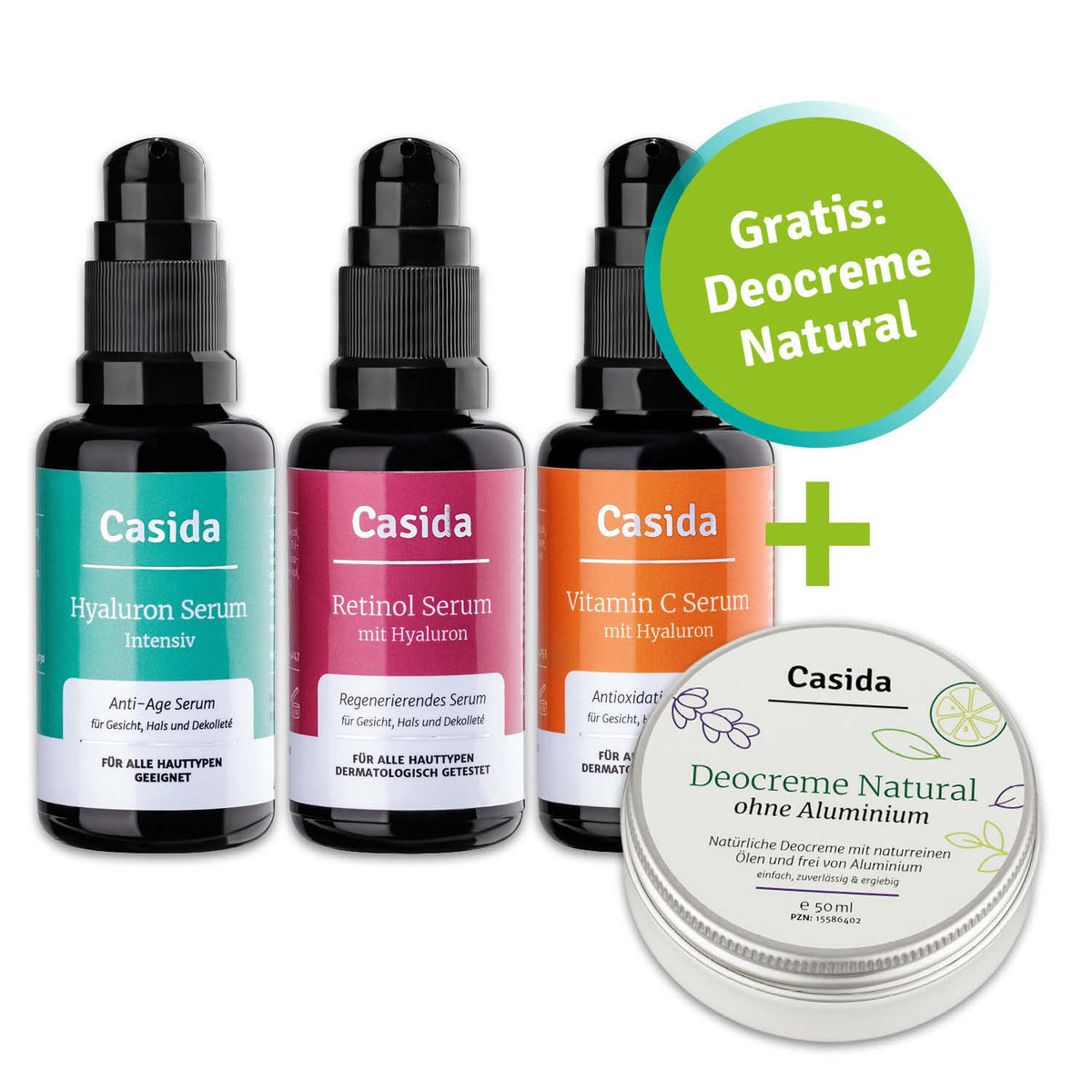Vitamin B12 is perhaps less well known than vitamin C, but it is no less important. It supports many important processes in the human body and is absorbed through food. However, certain foods or vitamin B12 supplements are necessary to cover the daily requirement of vitamin B12. Find out in this article which foods contain sufficient amounts of vitamin B12!
We not only give you a comprehensive overview of the exact vitamin B12 content in certain foods, but also provide information on when vitamin B12 needs to be supplemented.
Table of contents
1 Which foods have a significant vitamin B12 content?
A regular intake of foods containing vitamin B12 is necessary to maintain good health. But which foods contain a significant dose? Vitamin B12 can be found in many foods, but not in large quantities. Therefore, only very few foods can cover the recommended daily dose of vitamin B12 of 3 micrograms. Here is an overview of foods rich in vitamin B12.
Foods of animal origin
Animal foods such as fish, meat, dairy products and eggs are almost the only way to meet your vitamin B12 requirements through food intake. This is mainly due to the fact that special microorganisms in humans and animals produce this vitamin. However, these are usually found in the large intestine and are therefore excreted more quickly, which is why humans are dependent on vitamin B12 from food.
The highest content of vitamin B12 is found in offal and especially in the intestines and liver. This is where the vitamin is produced and stored. Offal is followed by some types of cheese such as Camembert, which also contain quite large amounts of vitamin B12. According to some studies, the absorption of vitamin B12 from fish and cheese is better than that from meat and eggs.
The best vitamin B12 foods are:
- Beef liver/calf's liver: 65 μg
- Oysters: 14.5 μg
- Rabbit: 10 μg
- Herring: 8.5 μg
- Trout: 4.5 μg
- Beef: 5 μg
- Pork: 2 μg
- Camembert: 3 μg
- Emmental cheese: 3.1 μg
- Chicken egg: 1.8 μg
(*Data in micrograms (μg) per 100 g) Source: https://www.gofeminin.de/abnehmen/vitamin-b12-lebensmittel-s1603912.html
Plant-based foods
Compared to animal foods, plant foods contain almost no vitamin B12 at all or at least insufficient to cover the daily requirement. Only sauerkraut, beer and the algae chlorella contain small amounts. For this reason, plants cannot be considered a reliable source of vitamin B12.
2. does it make sense to take B12 supplements?
Despite the vitamin B12 content in many animal foods, it is difficult in some cases to cover the B12 requirement in this way. Health problems, stress and exposure to environmental toxins impair the absorption of vitamin B12 through food. As vitamin B12 deficiency only becomes noticeable after a few years, it is not only more convenient but also safer to take B12 supplements. We recommend the high-dose vitamin B12 drops from Casida, which are practical to use in everyday life and are free from colorants, flavorings, alcohol and other additives. The product is also ideal for vegans and vegetarians.
Further reading:
- W. Herrmann, R. Obeid, "Causes and early diagnosis of vitamin B12 deficiency", (issue 40/2008) Deutsches Ärzteblatt - https://www.aerzteblatt.de/archiv/61696/Ursachen-und-fruehzeitige-Diagnostik-von-Vitamin-B12-Mangel
Important note / disclaimer: As pharmacists, we share our pharmaceutical expertise and wealth of naturopathic experience in the Casida guide. An individual diagnosis and consultation is necessary in every case. Therefore, this offer cannot replace medical advice. It is not intended to treat, cure or prevent any disease. It is not a substitute for medication or other treatments prescribed by a doctor.

